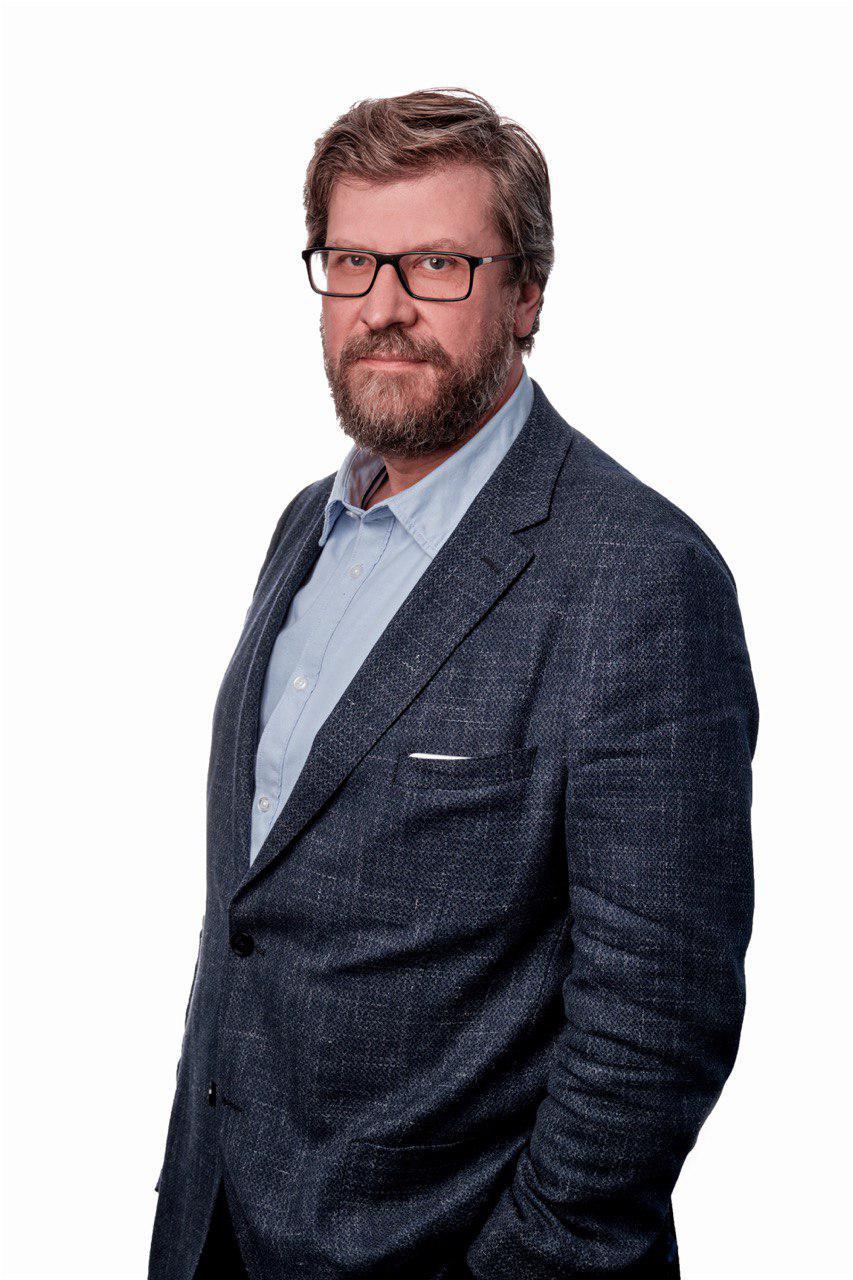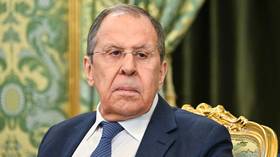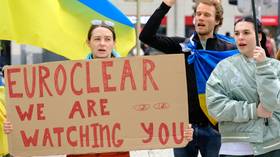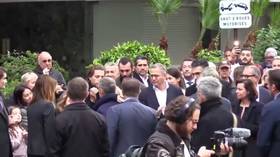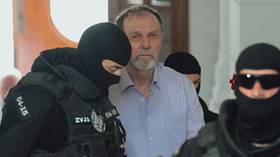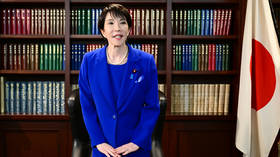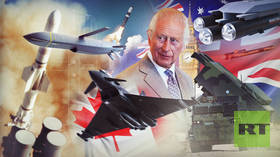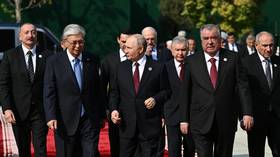Fyodor Lukyanov: Trump moves toward Moscow’s view on Ukraine talks
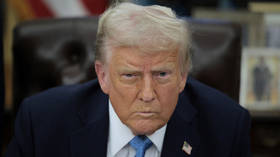
The recent conversation between US President Donald Trump and Russian President Vladimir Putin has clarified the emerging diplomatic structure around Ukraine. What we are witnessing resembles the first reading of a play – the distribution of roles in what may become the next act of the conflict’s evolution.
Trump is gradually aligning with Russia’s proposed framework: direct dialogue between Moscow and Kiev, with the United States serving as arbiter and guarantor – primarily to ensure Ukraine’s reliability. Western Europe is excluded from this scenario, viewed not as a neutral party but as a destructive actor in denial about its role in the conflict.
The alarmed reaction from Kiev and EU capitals is understandable. Their preferred model assumes a “collective Ukraine,” made up of Kiev, Brussels, and Washington – presenting a united front against Moscow, coordinating pressure through sanctions, and setting the conditions for talks. Trump has no interest in this script. His rejection of collective pressure appears not only consistent, but increasingly confident.
At this stage, the substance of potential negotiations remains secondary. Trump’s priority is the appearance of movement. For him, optics matter more than outcomes – and Putin, understanding the rhythm of the performance, is playing along skillfully.
Excluding Western Europe from the process is not incidental. It serves Moscow’s interests directly. Even Kiev seems to be realizing that the bloc’s role has become largely obstructive – offering no leverage, only rhetorical posturing and attempts to derail any path to dialogue.
The key question now is whether this role allocation will hold. If it does, a new diplomatic phase could begin – with Moscow and Washington shaping the conversation, Kiev adjusting to a diminished chorus, and Western Europe quietly relegated to the audience.
This article was first published by Kommersant, and was translated and edited by the RT team.
